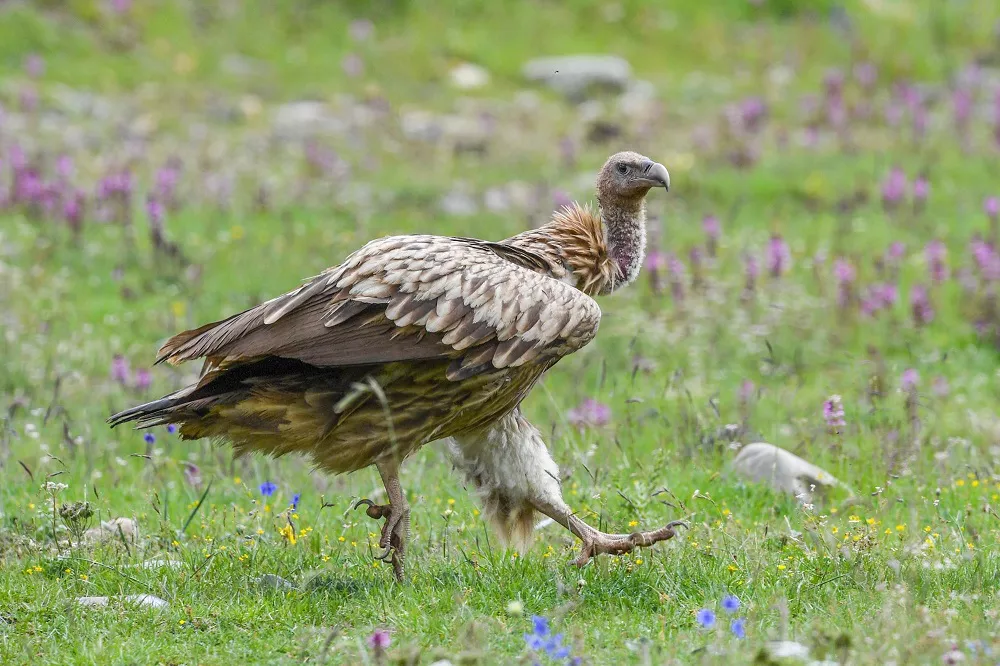Vultures are large birds of prey known for their scavenging behavior. They are found in many parts of the world and play an important role in maintaining the ecosystem. Vultures are known to have long lifespans, but the exact lifespan varies depending on the species and other factors. In this article, we will explore how long vultures live and what factors can affect their lifespan.
The lifespan of vultures varies from species to species, but most vultures have a relatively long lifespan compared to other birds. The average lifespan of vultures in the wild is around 20 to 30 years, although some species have been known to live up to 50 years or more. In captivity, vultures can live even longer, with some individuals living up to 60 years.
One of the key factors that affect the lifespan of vultures is their size. Larger species tend to live longer than smaller species. For example, the Andean condor, which is one of the largest vultures, can live up to 75 years in captivity. Similarly, the Eurasian black vulture, which is also a large species, has been known to live up to 50 years.
Another factor that can affect the lifespan of vultures is their habitat and diet. Vultures that live in areas with a plentiful food supply and clean environment tend to live longer than those that live in areas with a limited food supply and polluted environment. Vultures are also known to be susceptible to lead poisoning, which can significantly shorten their lifespan.
Vultures are also at risk from human activities such as habitat destruction, hunting, and poisoning. In some parts of the world, vultures are hunted for their meat, feathers, or other body parts. They are also sometimes poisoned by farmers who see them as a threat to their livestock. These activities can significantly reduce the lifespan of vultures and threaten their survival as a species.
In conclusion, vultures are known to have long lifespans, with most species living up to 20 to 30 years in the wild. The lifespan of vultures can be affected by factors such as their size, habitat, diet, and exposure to human activities. While vultures are important scavengers that play a critical role in the ecosystem, their survival is threatened by human activities such as habitat destruction, hunting, and poisoning. It is important that we take steps to protect these birds and ensure their long-term survival.


 Facebook
Facebook  Instagram
Instagram  Youtube
Youtube 